Soheila is one of hundreds of Afghan women each year who share the same fate: they are convicted of “moral crimes” by a deeply traditional, male-dominated society that denies many women any right of self-determination. Resistance to fathers, brothers, and family patriarchs is seen as an offense worthy of years of severe punishment.
I met Soheila for the first time when I visited Badam Bagh prison near Kabul in December of 2011. Although she grew up in a village and was almost illiterate, she seemed to be a strong woman – not willing to give up, as she believed in her innocence. She did not see anything wrong in wanting to control her own life, and she refused to be married off to an older man against her will.
I decided to follow her and learn more about her life. I asked about her parents and was told that they live somewhere around Kabul. Against all odds, I managed to obtain filming permits to visit Soheila several times, as well as her lover, Niaz Mohammad, who served his sentence in a separate prison and had not seen his newborn son, nor Soheila, for months when I interviewed him.
The footage from my initial visit led to two further trips to Kabul in 2013, sponsored by the Center for Investigative Reporting in Berkeley, California, which produced the resulting film, my half-hour documentary “To Kill A Sparrow”.
The film, which debuted at the 2014 European Independent Film Festival, owes its title to Soheila’s brother who told me that he would not hesitate to kill her should she continue to resist the will of the family patriarchs – because violence, he said, was normal to them: “We are not afraid of dying. We are not afraid of beating. We are not afraid of killing. For us, it’s like killing a sparrow. It’s nothing.”


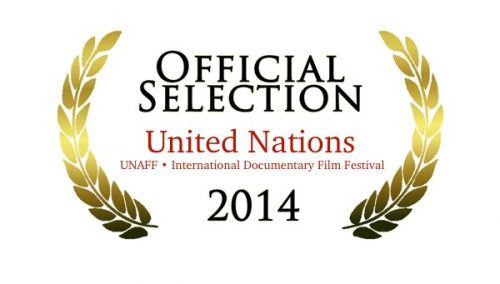
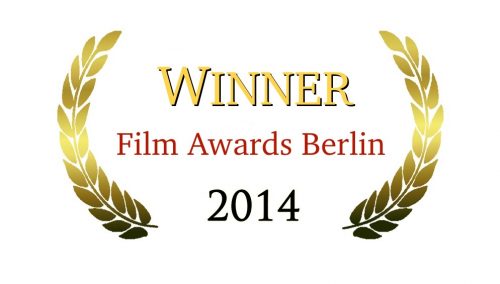
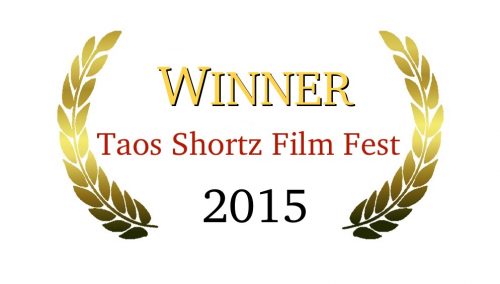
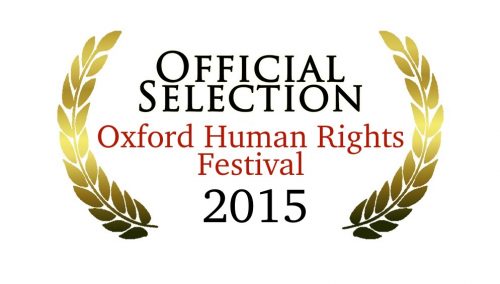
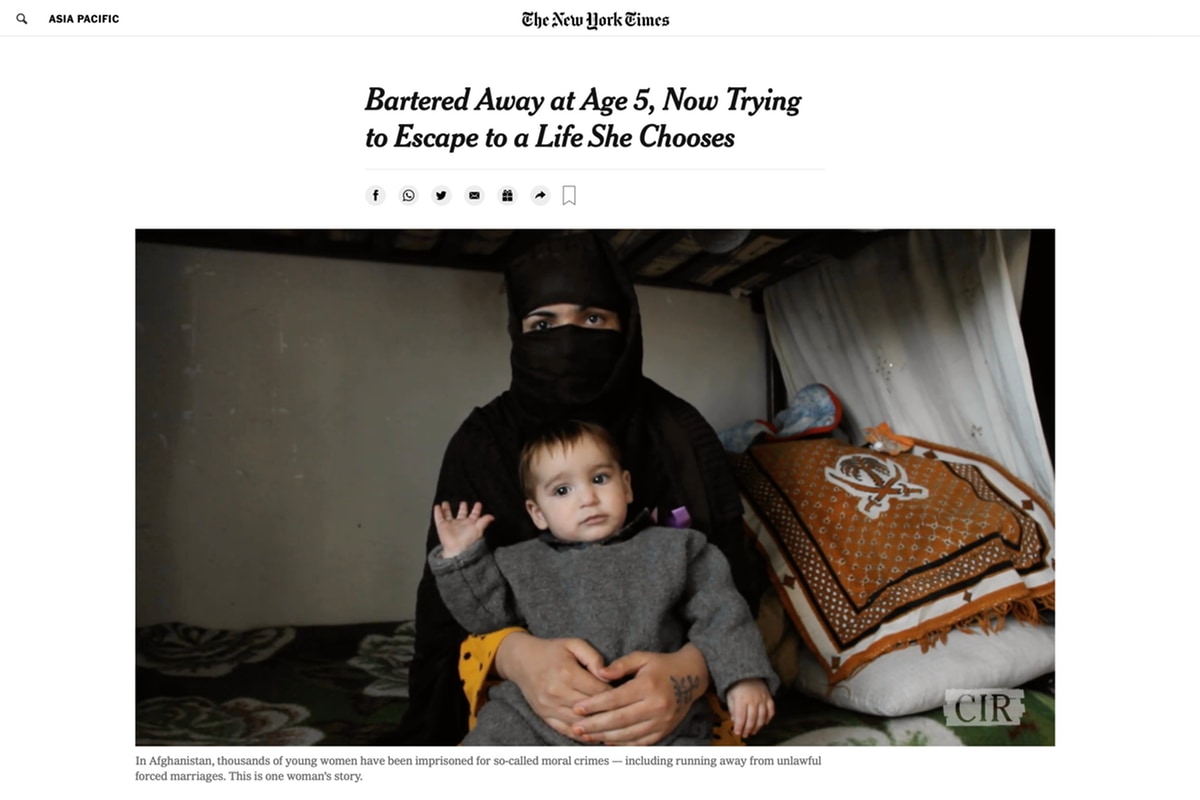
 Watch Now
Watch Now
